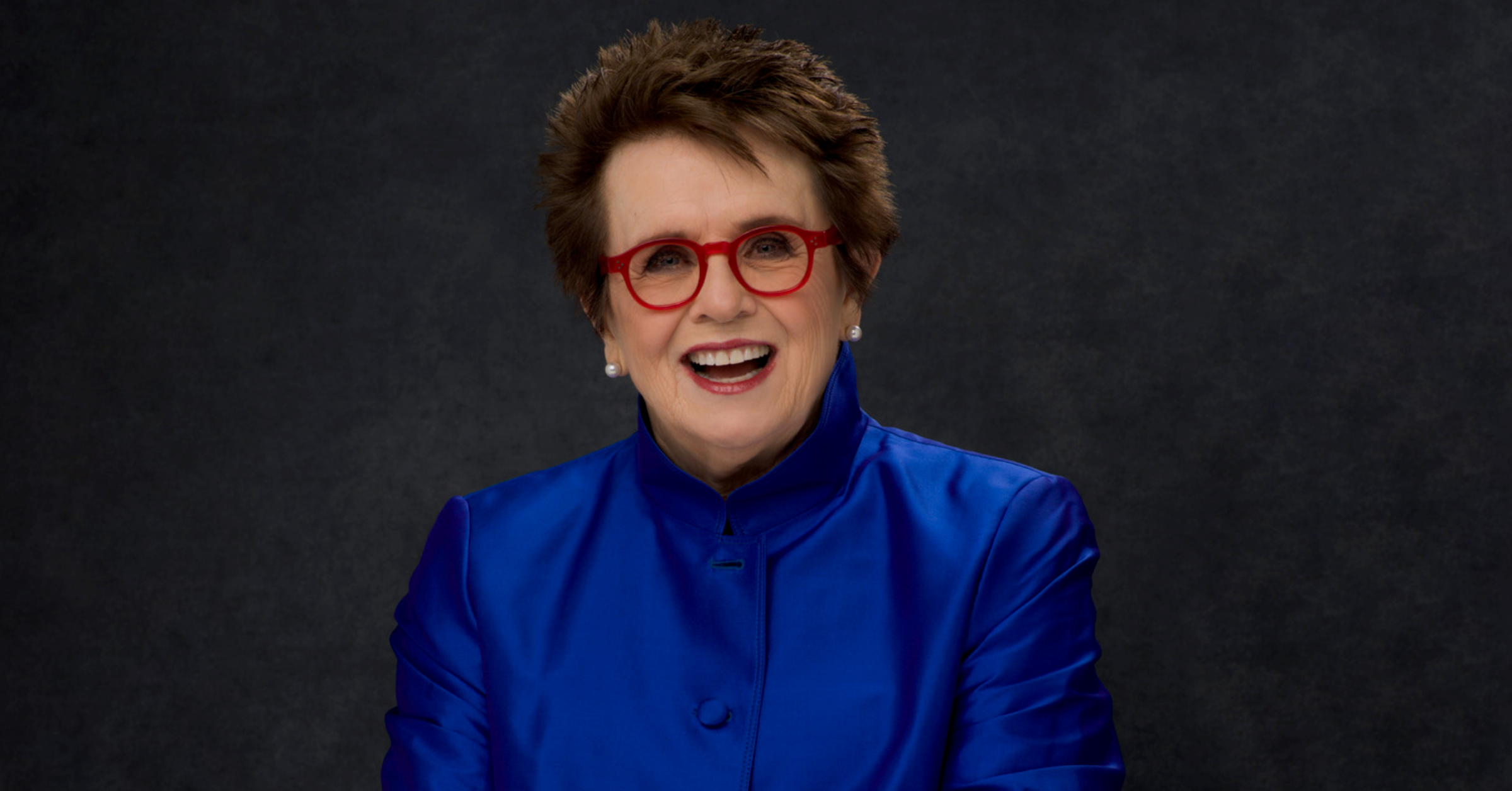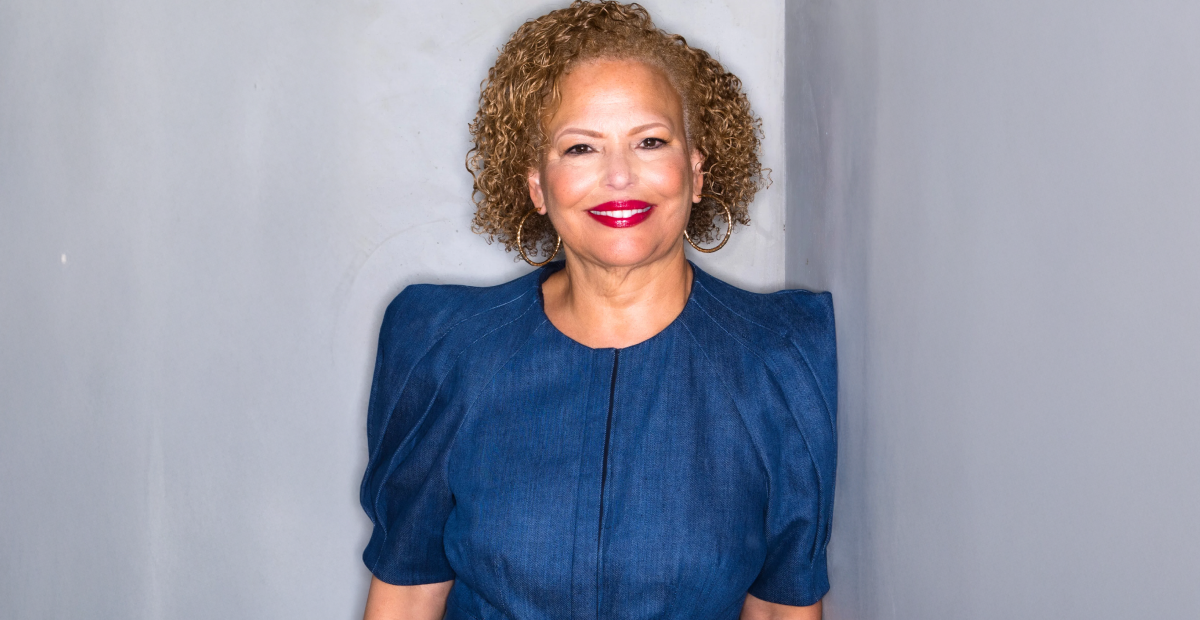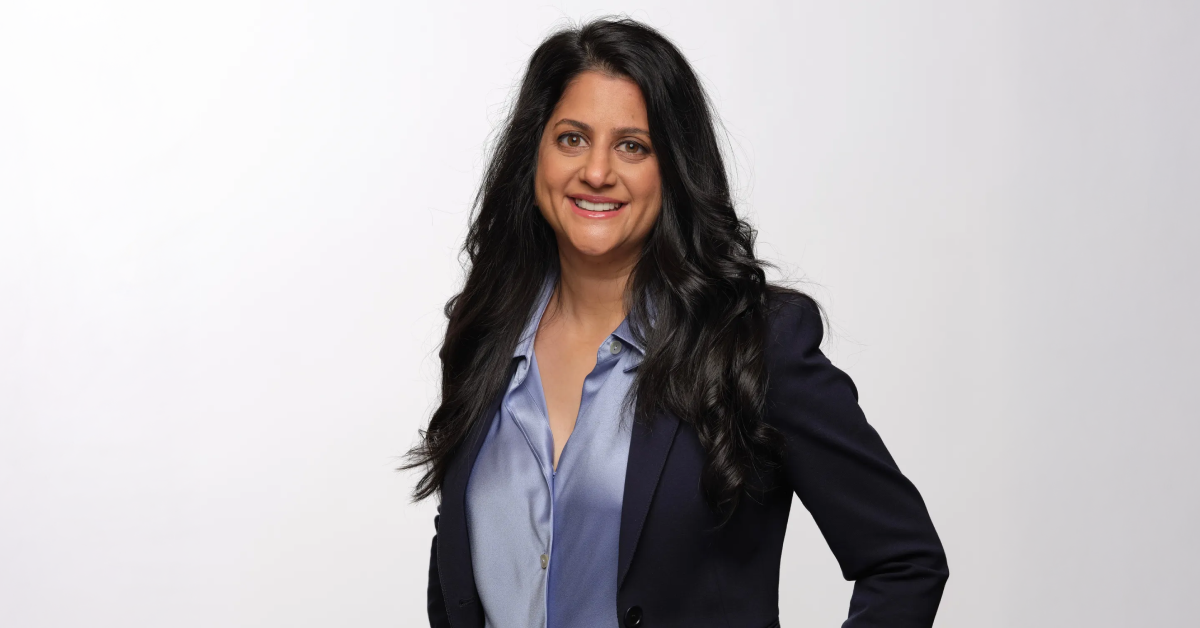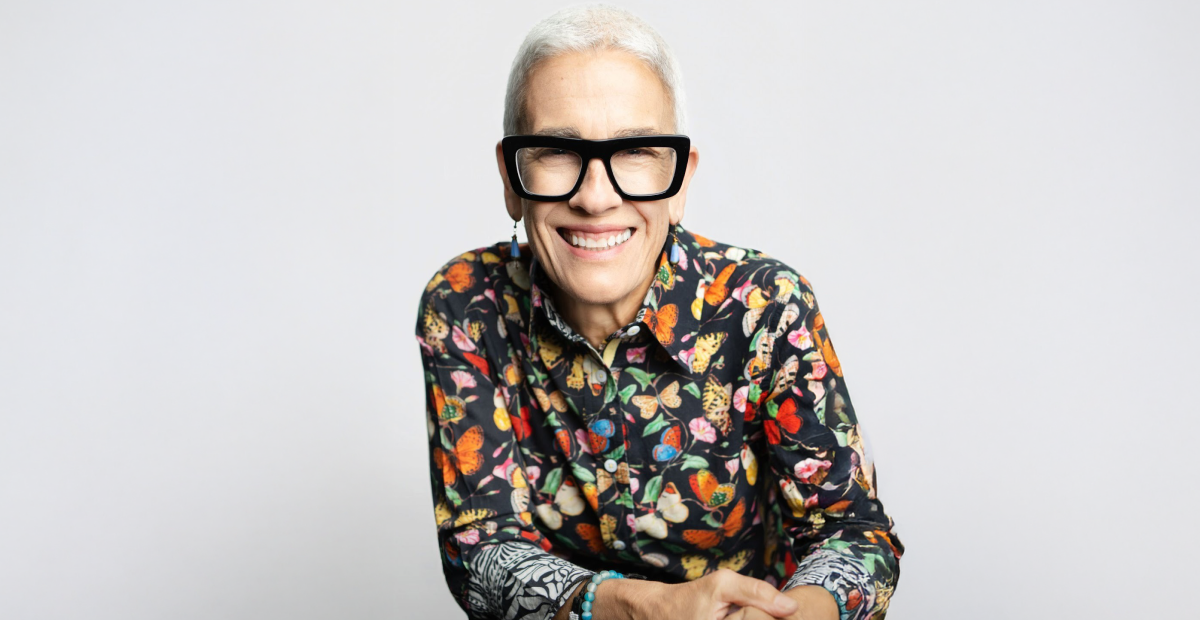“I underestimated you.”
It may be hard to imagine anyone daring to utter those words to tennis icon Billie Jean King. But King says that’s exactly what Bobby Riggs told her after she beat Riggs, a top-ranked men’s tennis player, in straight sets in 1973’s famous “Battle of the Sexes” tennis match.
Like Riggs, many who have underestimated King have lived to regret it. The decorated tennis champion, who racked up 39 Grand Slam titles in her career, has proven as formidable off the court as on it. King fought for diversity and inclusion in sports through organizations such as the Women’s Tennis Association, the Women’s Sports Foundation, and the Billie Jean King Leadership Initiative. She was the first female athlete to receive the Presidential Medal of Freedom, the USA's highest civilian honor, in 2009, and then she received the Ordre national de la Légion d'honneur, France’s highest order of merit, in 2022. Her 2021 bestselling memoir, All In: An Autobiography, was released in paperback earlier this year.
King’s long string of victories was punctuated by serious challenges, including battling an eating disorder and losing sponsorship deals after being outed as gay. In a wide-ranging Chief-exclusive interview with Chief Member Mary Pilon, King, 79, reflects on her pioneering fight for equality, her personal tribulations, and her advice for women on embracing fear and forgiveness.
On How She Fell in Love with Tennis
“I grew up playing team sports. My younger brother, Randy Moffitt, ended up being a major league baseball player; he played for 12 years in the majors. So we had sports in our blood, but our first love was basketball. And then in fifth grade, Susan Williams, who was sitting next to me, said, ‘Do you want to play tennis?’ I looked at her and I go, ‘What's tennis?’ And she said, you get to run, jump, and hit a ball. And I went, ‘Oh, those are my three favorite things.’
“I went out with her to a country club. I thought, well, there's no way I'm going to play because my dad's a firefighter. We don't have money to belong to a club. But then our softball coach said [there was] free instruction at Houghton Park. That was the court where I had my first instruction with [tennis coach] Clyde Walker. At the end of that day, I told my mother that I want to be the number one tennis player in the world. She goes, ‘That’s nice, but you have your homework.’ She always kept my brother and me very grounded.”
On the Impact of the ‘Battle of the Sexes’
“Everyone was talking about it in many countries. We had 90 million watching. To put it in perspective, the Super Bowl that year had 53 million.
“How it captured the hearts and minds of people is what is important. Ever since that day, somebody comes up to me and talks to me about the King-Riggs match. I found in general it gave women more self-confidence. For instance, a lot of women who were never going to ask for a pay raise — after that match, they went and asked the next day. Girls are taught not to ask for what we want and need. So that changed that a little bit. Then for the men, they're much more reflective. They said, I never thought about any of this until that match, and I have a daughter, or I have a granddaughter, and it's changed my mind. I do want my daughter to have as much as my son, and it's changed me. In fact, when I met President Obama — he was 12 years old when he saw it — and he said it helped him to raise his two daughters. It made him think about things, even as a 12-year-old.”
On Coming Out in the 1980s
“I was outed in ’81. I was trying to figure out my sexuality for a long time in the ‘70s. The tour told me I couldn't talk about what I was feeling because we wouldn't have a tour if I did. So that made it real simple for me not to say anything. But also, privately and internally, I was having challenges.
“I was interested in women. I had an affair. And then she sued me and she thought I wouldn't come out. But I told the truth at the press conference. In fact, this is how bad it was back then: My lawyer and my publicist did not want me to do anything and not tell the truth. They wanted me to say it's a private thing or whatever. I said, ‘No, I'm not doing that. I finally have a chance to tell the truth.’
“I lost all my endorsements except one, but they dropped the price dramatically. And so I lost all my future earnings. You have to remember my generation — we didn't make the big bucks. I didn't even make 2 million dollars, and I retired at 40…Then, you just have to start over.”
On Benefiting from Therapy
“I ended up going to an eating disorder place in 1995, and that really changed my whole life. That's where I got the emotional help I needed. And I still have the same therapist today that I had in ‘95. It's great when you go to a therapist and you don't have to tell them about your history anymore. I'm very lucky.”
On Fighting for Equality
“I got to meet Althea Gibson, who was my shero back when I was just starting tennis. The Los Angeles Tennis Club had a huge tournament where the best players came. And I remember saying to myself, ‘Oh my God, this is what number one looks like.’ She's also the first Black player to ever win a major. I loved reading her book, I Always Wanted to Be Somebody. I slept with her book.
“I was very interested in civil rights, even as a child. We lived in LA or Long Beach, but I kept watching television. Television started to help all of us. We knew what was happening in other parts of the world. And I just could not understand why a child of color couldn't go to school with White kids. I promised myself that day at the Los Angeles Tennis Club, ‘I'm going to fight for equality for the rest of my life.’ And I realized that I had a really good opportunity because tennis is global.”
On Founding the Women’s Tennis Association in 1973
“We had everyone really lobby for a year and a half to get everybody in the room. And when we got in the room, we had no idea what was going to happen. We just got up there and said ‘We have to do this. We need one voice. We need to have power.’”
“I wanted the men and women to be together, but this was the second best thing we could do because the men did not want us. Quite frankly, they still don't. But it was a great day. We finally had one voice. We finally had some power. And we were all together for the first time. We had been divided for a while — the women — so that was a very important moment.”
On the Gender Pay Gap in Sports
“In women's tennis, it took us 34 years to get equal prize money in the slams. But still in tournaments, we don't. And yet, we're still the leaders in women's sports. But we've got so far to go.
“Julie Foudy was the captain in the ‘90s on the U.S. Women’s National Soccer Team. I remember her talking to me, just in anguish…I finally said, ‘Julie, you're going to have to do it. You’ve got to get your house in order, then you go out and you start really asking for things.’ The top women athletes have to be together. You have to stand up for each other. And sometimes you have to give up something to get something. I said, ‘Are you willing to give up something to get something? Can you not play in the Olympics? Can you not play in the World Cup? You have to be willing to not do something to get something.’ She was an amazing leader, and that was the beginning of what you see now, with soccer getting equal money. It took that long — three generations, probably. Every generation just has to keep pushing and pushing.”
On What It Takes to Be a Great Coach
“I think to be a really great coach, you have to believe in whoever you're helping and find out what makes them tick. I try to listen a lot. I ask questions when I coach. I'm not big on just pounding on them. I'm big on them having to tell me, ‘Why did you win?’ They really don’t know a lot of the time. I ask, ‘What was your best shot? What did you do well? What’s your strength?’ Champions practice their strength in sports every day.”
On Facing Fear
“Fear and being nervous — all that is good, because it means you care. And that's one thing I really understood at a young age. I would tell myself, if you're nervous, it's okay. The most important thing is if you can concentrate. In tennis, it's one ball at a time. People choke when they go ahead or behind in their thoughts. Oh, I made that mistake two seconds ago, or I can see myself failing or not making it in the future. Forget that. See yourself making it. For me, in my life, one ball at a time means stay in the present.”
On the Power of Forgiveness and Moving On
“I don't take things personally. The person said it, you didn't. So it's about them, it's not about you. Just be good to yourself, be calm, be kind. I think it's really important to forgive.”
“If you look back at my career, a lot of times I got suspended trying to change the sport. It was a tough go. But the organization that would suspend me today, the USTA — I have my name on the whole facility now because I didn't hold grudges. There's new management all the time. Don't forget that. That person that maybe wasn't very kind to you — he or she or they aren't going to be there forever. So just keep moving and keep being good to yourself. Believe in yourself.”



